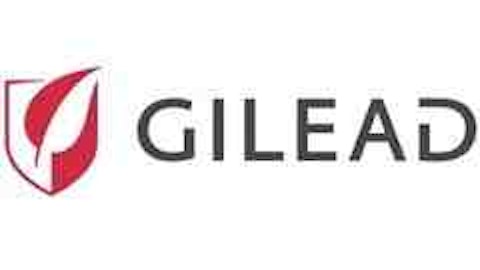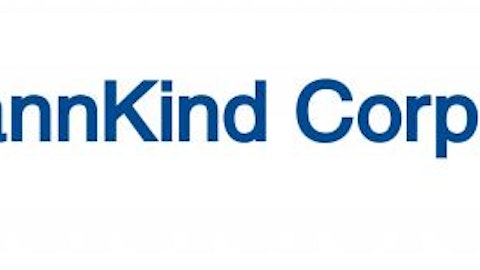Technological advances have allowed for people to have more longevity. Drug companies research and develop medicines to prevent, control and cure diseases. Diabetes is a condition in which the levels of glucose increase above normal levels. This condition can be fatal if the glucose levels are not controlled. Eli Lilly & Co. (NYSE:LLY) and Sanofi SA (ADR) (NYSE:SNY) are two major players that I believe will bring capital appreciation to their investors.
Increase exposure to the pharmaceutical industry
Eli Lilly & Co. (NYSE:LLY)’s drug portfolio is extensive. The company’s R&D has been very successful over the years, and its presence in developed and emerging markets is huge. The company has developed a chemical entity named “Empagliflozin” to combat diabetes. The drug was submitted for approval in a joint action with Boehringer Ingelheim Pharmaceuticals, Inc. to the Federal Drug Administration (FDA) and to the European Medicine Agency (FMA). The approval of this drug should increase revenues and bring capital growth to investors. In addition “Dulaglutine”, a drug to treat diabetes type 2, showed positive results at its Phase III, and it should be close to submission for FDA and EMA approvals.
The commercialization of these entities will significantly increase the presence of Eli Lilly & Co. (NYSE:LLY) in the diabetes-control pharmacology, and its investors should continue to gain appreciation.
According to the most recent quarterly earnings report, the company had revenues for $5.6 billion for the first quarter of 2013, and a net income of $1.5 billion, or $1.42 per share. The company is expected to have revenues of $20 billion in 2013, and a net income of $3 billion. Lastly, the company’s operating cash flow is still expected to be sufficient to allow capital expenditures of $900 million and pay the company’s dividend.
Sanofi SA (ADR) (NYSE:SNY) has also been putting lots of resources into diabetes treatment. The company launched Lyxumia® in the United Kingdom in early May. The GLP-1 based entity will directly compete with Byetta®, owned by Bristol Myers Squibb Co. (NYSE:BMY) and Victoza® from Novo Nordisk A/S (ADR) (NYSE:NVO). Lyxumia will cost £54.14 for 28 days of treatment, compared to £68.24 for 30 days of treatment with Byetta and £78.48 for 30 days of treatment with Victoza. According to several reports, Sanofi’s Lyxumia could save the United Kingdom’s National Health Service (NHS) £70 million in five years.
According to Anthony Barnett, Emeritus Professor of Medicine in the University of Birmingham, “the combination of basal insulin, which principally targets fasting glucose, with a once-daily prandial GLP-1 agonist is the logical approach to improving glycaemic control.” Sanofi SA (ADR) (NYSE:SNY) also stated that Lyxumia may offer advantages over rival diabetes therapies with regard to hypoglycemia. It claims that the risk of blood sugar episodes was reduced by two-thirds in patients taking Lyxumia.





